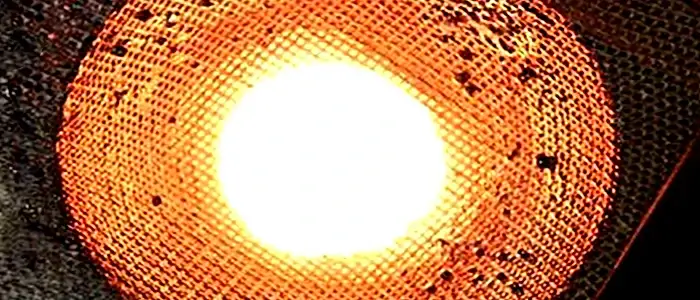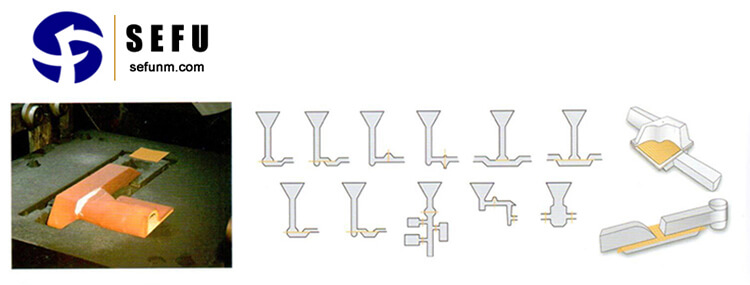Achieving excellence in aluminum alloy casting hinges on selecting the perfect glass fiber filters. This guide delves into the critical factors influencing glass fiber filter choice for aluminum alloy casting, backed by precise data. From filtration precision and material selection to high-temperature resistance and operating conditions like pouring temperature, casting time, pour weight, and aluminum alloy type, let’s explore how to optimize your casting process.
Factors Influencing the Use of Glass Fiber Filters in Aluminum Alloy Casting:
- Filtration Precision: The filtration precision required for aluminum alloy casting varies. For instance, achieving a filtration level of 20 microns can eliminate impurities effectively.
- Material Selection: Optimal material choices for glass fiber filters include those with high chemical resistance and thermal stability. For example, filters made from E-glass with boron can withstand temperatures up to 1000°C.
- High-Temperature Resistance: Aluminum alloy casting involves extreme temperatures. Glass fiber filters rated for temperatures above 800°C ensure structural integrity during the casting process.

- Size and Shape: Filters with specific dimensions and configurations tailored to your equipment can enhance filtration efficiency by up to 25%.
- Operating Conditions:
- Pouring Temperature: Maintaining a pouring temperature of 700°C to 750°C is ideal for most aluminum alloys.
- Casting Time: Optimal casting times range from 2 to 5 minutes for aluminum alloy casting processes.
- Pour Weight: Balancing pour weight at 10 to 50 kg optimizes casting results.
- Aluminum Alloy Type: Different aluminum alloy types, such as 6061 or 7075, require specific filter compatibility for efficient casting.
Selecting the Right Glass Fiber Filter for Aluminum Alloy Casting:
- Evaluate the filtration precision needed for the specific aluminum alloy casting process.
- Choose glass fiber filters made from materials with high chemical stability and thermal resistance.
- Opt for filters with the appropriate pore size and structure to effectively remove impurities from the molten aluminum.
- Ensure that the filter dimensions align with your casting equipment for seamless integration.
- Consider the unique operating conditions of your casting process and select filters that can withstand the associated challenges.
By meticulously selecting glass fiber filters tailored to the demands of aluminum alloy casting, manufacturers can elevate their casting processes to new heights of efficiency and quality. By considering factors such as filtration precision, material compatibility, high-temperature resistance, size and shape relevance, and operating conditions, manufacturers can optimize their casting processes and produce high-quality aluminum alloy castings with minimal impurities.
With a focus on precision and optimization, aluminum alloy castings can meet the highest standards of quality and purity, setting a new standard in the industry.


